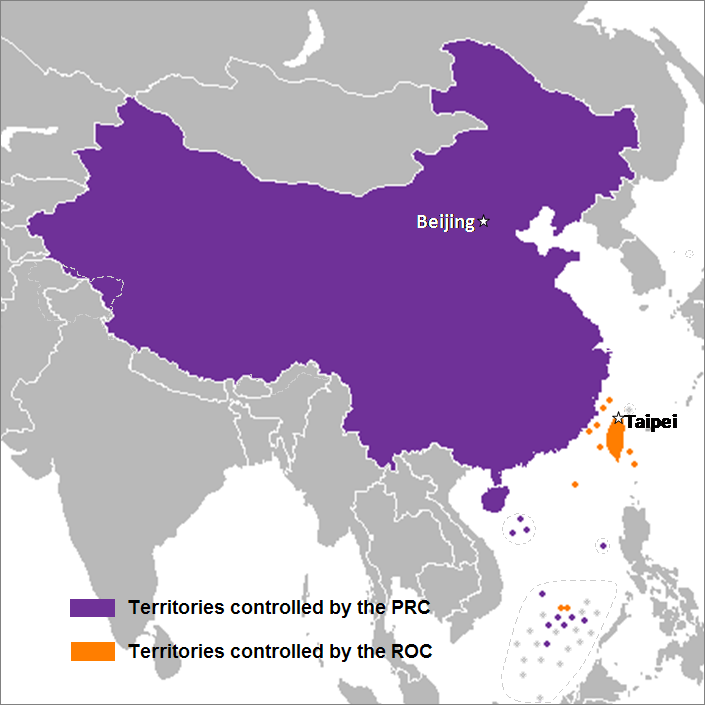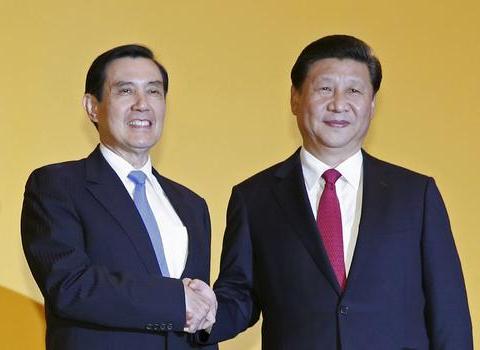This autumn stands out as an eventful season densely packed with diplomatic initiatives launched by top Chinese leadership. Thoroughly planned Victory Day parade ceremonies on September 3, well thought out answers in the interview of China’s President to US media in connection with his first official visit to the United States, quiet dignity displayed by Xi Jinping as the royal honors were accorded to him in London – it all gave rise to many emotional comments. These events were followed by the visit of German Chancellor to Beijing. All the events were one way or another planned in advance. No doubt, they have produced tangible results worth of the most detailed analysis.
In a sense, leading Western powers were given certain roles in the China’s global project, in particular at its initial phase being currently implemented. Without going into fascinating details, it’s worth to mention that it entailed quite a mixed reaction on the part of Western states. This fact did not surprise Beijing. Perhaps, it even made it happy.
I daresay, having business with Western partners presents no particular problem for Chinese diplomacy. It’s more difficult to interact with Asian neighbors, especially with the diversified Chinese speaking world scattered around continents, countries and territories as a result of historic processes.

Resorting to sports terminology, the sensational meeting between Xi Jinping, the President of People’s Republic of China, and Taiwan's President Ma Ying-jeou on October 7 in Singapore can be described as Ultra-C (an ultra-complicate

The Xi and Ma handshake is the example of emotionally accurate vision of history. The outgoing Taiwanese leader represents the party that greatly influenced the shaping of China’s history in the XX century. The leaders observed the unwritten rules of treating former adversaries with respect. Tragedies and victims are still vivid in memory. China made an unambiguous offer inviting Taiwan to join the Chinese global project.
To wrap it up, I’d like to mention a funny slip up made by a Singapore outlet. The author of the article had the intention of making remember that Beijing can use force to make the proudly democratic province a part of China again. A letter in a word was missing in the publication. Intended to give one the creeps that phrase went on as follows, “Beijing views self-ruled and proudly democratic Taiwan as a renegade province, to be bought under its control by force if necessary, and has warned that moves towards formal independence could stoke conflict.” Money rules the world, they say…









